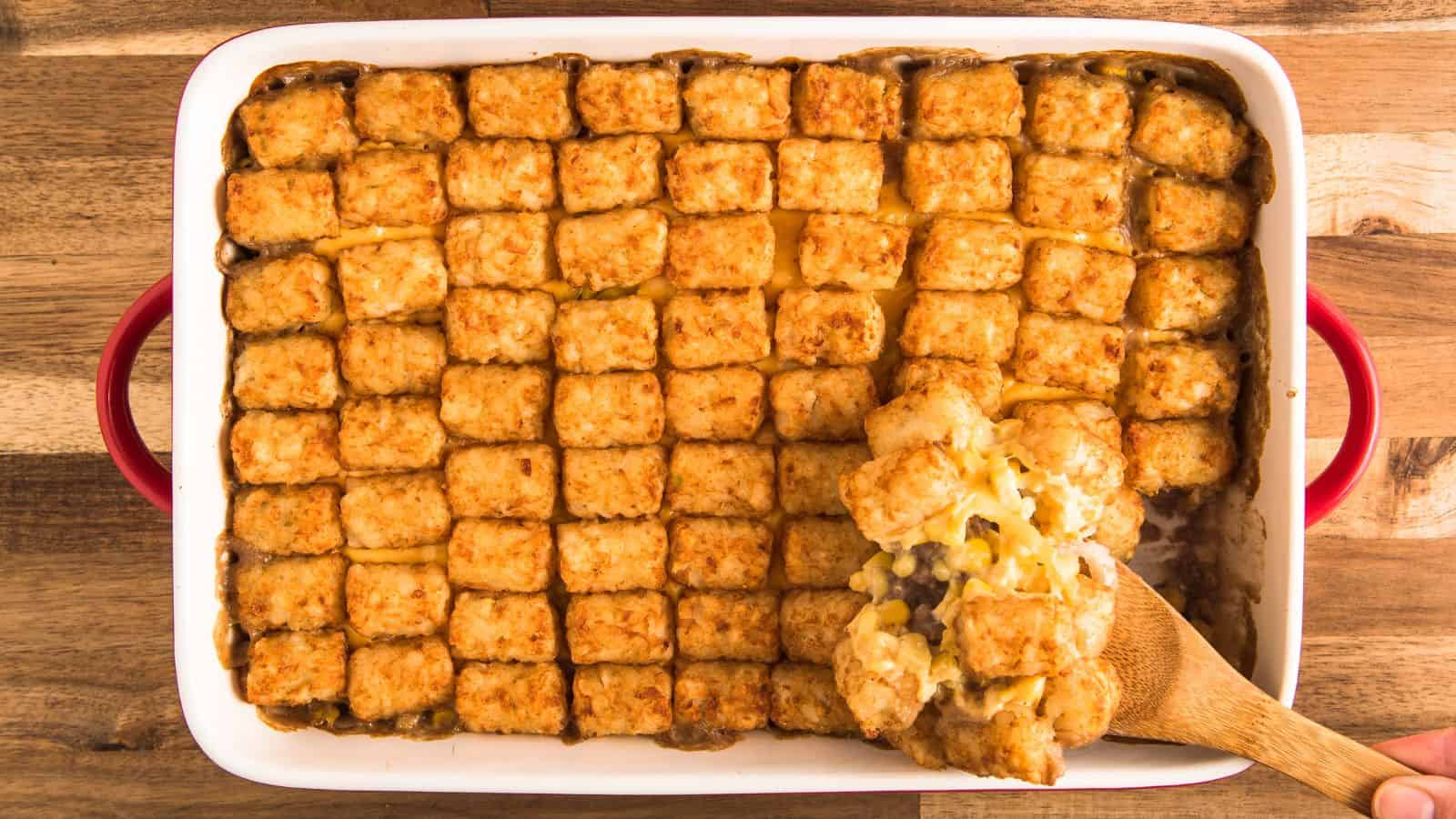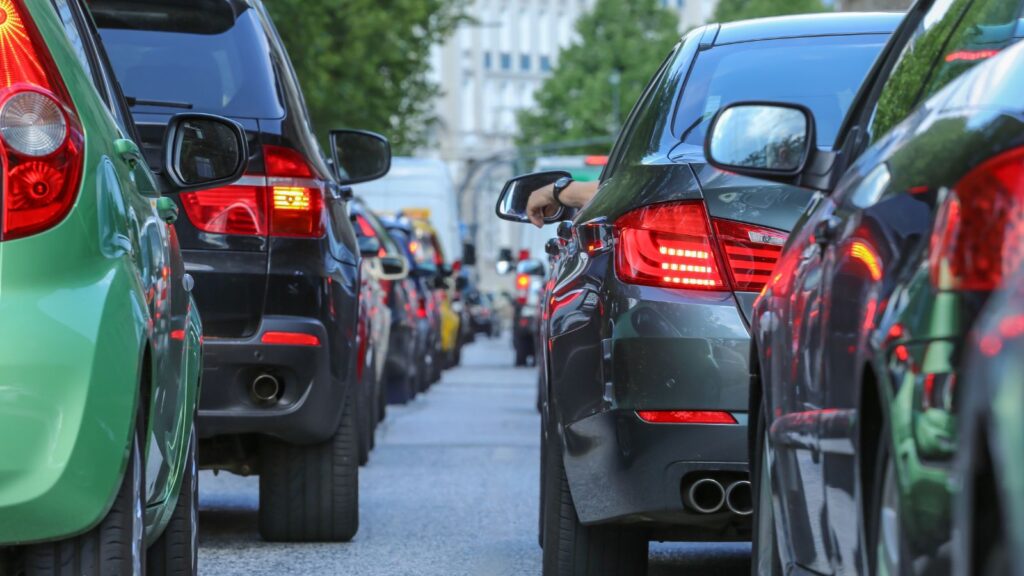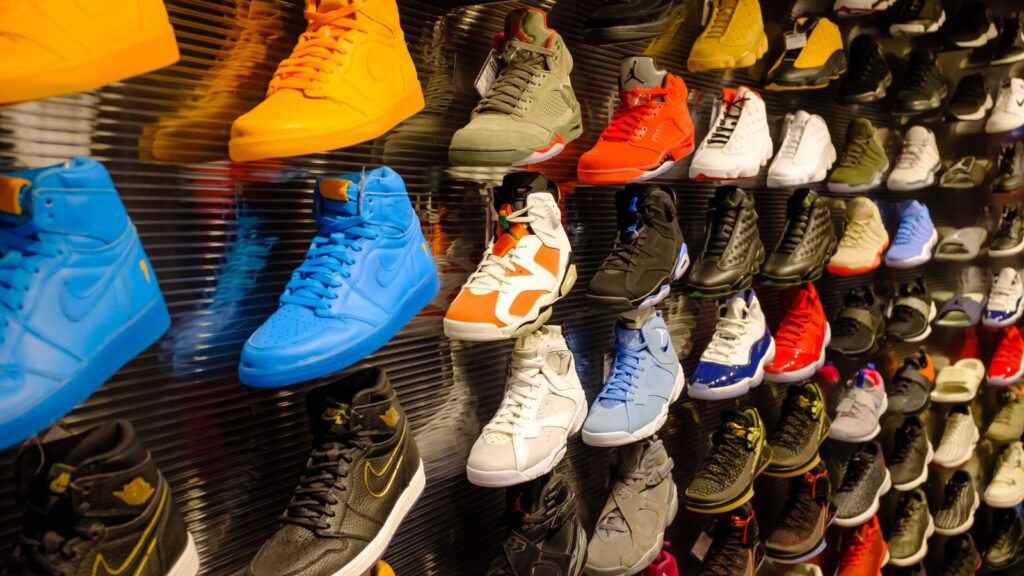The American Midwest is known as America’s Heartland. Famous for farmlands, cheese, and politeness, they also have an unexpected lingo of their own. Here are some phrases you should expect to hear in the Midwest, or telltale signs you’re talking to someone from there.
Ope

The quickest way to tell if someone is from the Midwest is their use of “ope.” Ope is to the Midwest as “bitte” is to German. It’s “excuse me,” “coming through,” and “sorry,” all rolled into one quick little sound.
Bubbler

You may know this as a water fountain or drinking fountain. But if you’re in Wisconsin, you’ll hear it called a “bubbler.” It’s also called a “bubbler” in Rhode Island, which is not in the Midwest, and we aren’t sure of the connection.
Pop

The sweet carbonated beverage you get with your movie theater popcorn can be called many things, depending on where you are. In the Midwest, it’s “pop,” not soda or coke, just “pop.” It may be because of the sound it makes when you open a can.
Jeet?

It’s an important question that shows you care about someone. In the Midwest, “Did you eat?” is said so often they just combine it into one syllable, “Jeet?”
Casserole

If the answer to “Jeet?” is no, they’ll warm you up some casserole. If the answer is yes, they will also warm you up some casserole. In case you’ve never had casserole, it’s a baked dish containing various ingredients and, more often than not, some Campbell’s cream soup.
Hotdish

You might think this one is the same as casserole, but you would be wrong, sort of. The difference between a casserole and a hot dish is its purpose. A casserole can be a side dish, breakfast, dessert, or main course. A hot dish is always a meal in itself. It’s also almost exclusively used in Minnesota, “don’t cha know.”
Brewski

While indulging in your casserole or hot dish, you may want to wash it down with a nice cold brewski. This slang for beer may be an ode to the Midwest’s large fraternity population.
Schnookered

Make sure when your new neighbor offers those brewskis up, you don’t get too schnookered. Schnookered is an adorable way of saying someone is intoxicated. And one would hate to be schnookered in public.
Loose meat sandwich

Soak up all those brewskis with a loose meat sandwich. Not to be confused with its saucy counterpart, the Sloppy Joe, a loose meat sandwich is ground beef combined with Worcestershire sauce and onions on a bun.
Crick

No, we aren’t talking about a stiffness in your neck. In the Midwest, especially Missouri—pronounced Missourah—you can head on down to the “crick,” which is the local dialectal variant of “creek,” referring to a brook or small stream.
Uff da

Eating a delicious loose meat sandwich and then discovering you used cat food, uff da! This expression is one of dismay, relief, or surprise, and probably finds its origins in the Norwegian word “uff da,” which translates to “oops!” It has a variety of spellings, including uff-da, offda, oofta, or ufta.
Stop and go light

Mainly prevalent in Wisconsin, “stop and go light” refers to what the rest of us call a traffic light. The Midwest is known for its slang defining exactly what an object does, like telling you to stop and go. This may come from their high population of people of German descent.
“I’m gonna sneak past ya”

Another ode to politeness. They’re not yelling “BEHIND” like restaurant staff or just pushing by without a word. Midwesterners love to announce their presence with “I’m gonna sneak past ya.”
Gapers’ block

Don’t get stuck in a “gapers’ block” on your way “clear across” town. A gapers’ block is a traffic jam caused by rubberneckers—people slowing down to look at an accident. These traffic jams are especially frustrating when they’re on the opposite side of the expressway from the accident.
Lake Wobegon

Lake Wobegon is a fictional town created by Garrison Keillor as the setting of the recurring segment “News from Lake Wobegon” for the radio program “A Prairie Home Companion,” broadcast from St. Paul, Minnesota. Midwesterners use it as an imaginary idyllic town in conversations, “Why don’t cha go to Lake Wobegon?”
Gym shoes

You may call them sneakers, tennis shoes, or kicks, but in the Midwest, they’re “gym shoes.” You guessed it, because they’re designed to be worn to the gym, even if we wear them everywhere.
Jeez

A lot of words and phrases from the Midwest originate from politeness. Instead of offensive words, they’ll choose soft alternatives, such as the word “jeez,” used to express frustration, amazement, or surprise. “Jeez, this is a lot to remember!”
